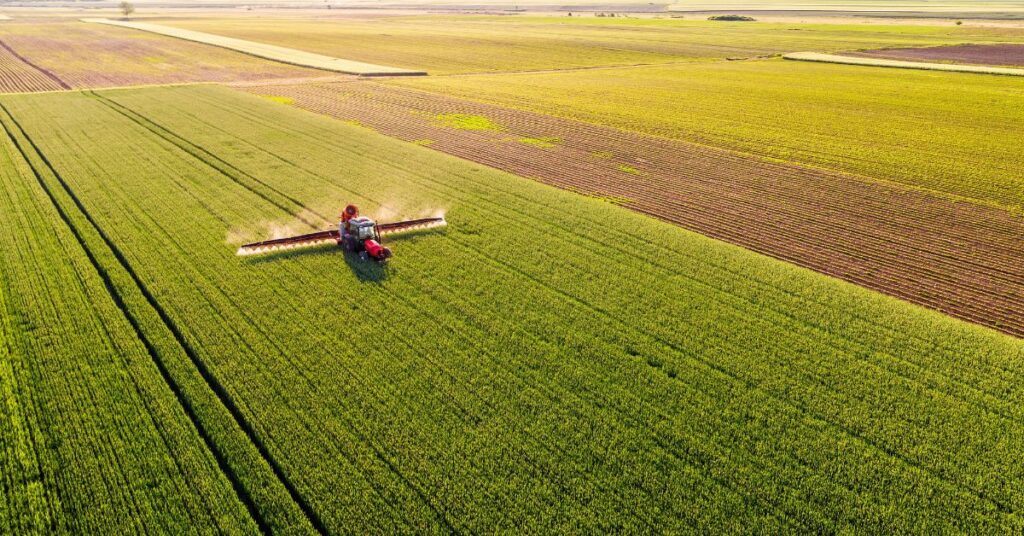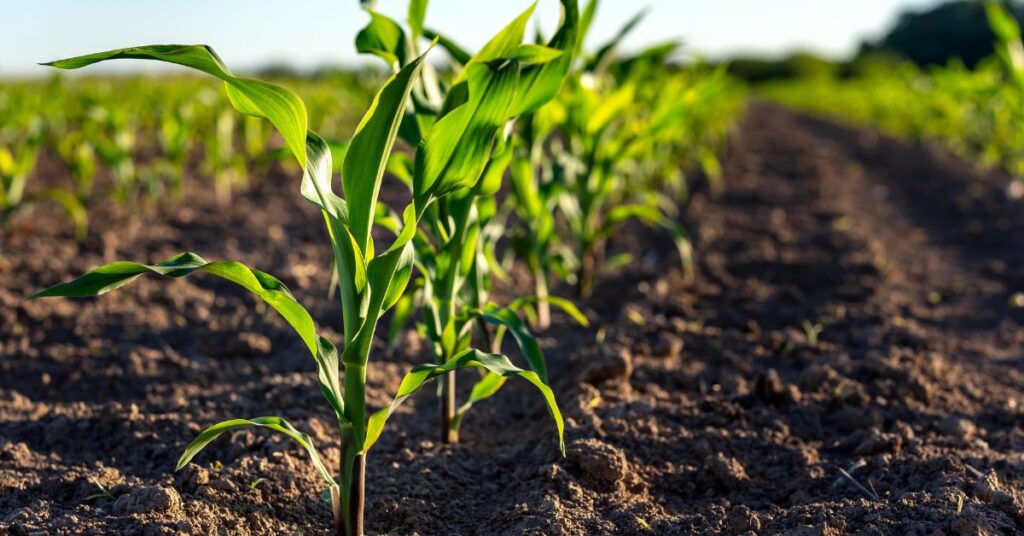Buying farmland is a significant investment. Auctions offer a unique opportunity to acquire property that might otherwise be out of reach, but entering an auction without adequate knowledge can lead to unexpected challenges.
Proper research will ensure a sound investment and thriving agricultural endeavor. Knowing how to research farmland before an auction isn’t always easy. Thankfully, our guide below will help you navigate the process with ease. Learn how to start your research today so you don’t have to wait to find great properties for your farmland needs.
Tailoring the Search to Your Needs
The first step in purchasing farmland is to understand what you truly need. Evaluate your current farming operations or future plans to determine the type of land that will best suit your objectives. Are you looking to expand your cattle ranch, start a vineyard, or perhaps grow organic produce? Each of these ventures requires a different type of soil, climate, and location.
Consider your long-term goals and the resources necessary to achieve them. Look for land that can successfully support the scale of operations you envision. Assess whether the land meets your immediate requirements and allows for future expansion. Considering these factors will help you narrow down the type of land you should seek and prevent you from acquiring a property that could limit your growth.
You should also seek advice from experts or fellow farmers who have experience in similar agricultural pursuits. They can provide insights into the specific types of land that might be most beneficial for your needs.
Shopping With a Budget
Setting a realistic budget is fundamental when considering purchasing farmland. Thoroughly evaluate your financial situation, including savings, potential loans, and other financing options. Determine a maximum price that you’re comfortable paying and stick to it during the auction process.
Understanding the costs beyond the purchase price is equally important, including taxes, maintenance, equipment, and necessary improvements to the property. Factoring in these expenses will help you avoid financial strain so your investment remains feasible over the long term.
To maintain financial discipline, consider consulting with a financial advisor who specializes in agricultural investments. They can provide guidance on structuring your budget, evaluating financing options, and managing potential risks. A well-defined budget sets the groundwork for a successful purchase and contributes to the overall sustainability of your farming operations.
Researching the Market
Conduct thorough market research before attending a farmland auction. Dig into current market trends and property values in your desired area to make informed decisions about bidding. You’ll get a good value for your investment.
Examine historical sales data for similar properties. This information can often be found through local real estate listings or agricultural publications. Analyzing past sales will give you an idea of average prices and market fluctuations, allowing you to gauge the fairness of current asking prices.
Stay updated on economic factors that may influence the agricultural market, such as commodity prices, interest rates, and government policies. These elements can impact land values and should be carefully considered when determining your bidding strategy.

Locating Potential Properties
Once you have a clear understanding of your needs and the market, the next step is to locate potential properties up for auction. This involves identifying farmland auctions in your desired area and evaluating properties that align with your criteria.
You can find a lot of key information about a property on its listing before an auction takes place. For example, at Midwest Land Management, you can browse online land auctions right now to learn more about a wide range of farmland properties up for auction.
Inspecting reliable online platforms that list upcoming farmland auctions is the key to finding great opportunities. Websites dedicated to agricultural real estate are excellent starting points. These platforms often provide detailed descriptions of available properties, including size, location, and amenities.
Networking with local farmers and real estate professionals can also be beneficial. They may have firsthand knowledge of properties coming up for auction or be able to connect you with auctioneers.
Physical Site Inspection
Conducting a physical site inspection is a critical step in evaluating farmland before an auction. Visiting the property provides an opportunity to assess its quality, suitability, and potential issues that may not be apparent in written descriptions.
During the inspection, pay attention to the land’s topography, soil quality, and drainage patterns. These factors directly impact the types of crops or livestock the land can support. Be on the lookout for signs of erosion, waterlogging, or contamination that could affect productivity.
Inspect existing infrastructure on the property, such as barns, fencing, or irrigation systems. Evaluating the condition and functionality of these structures will help you determine whether additional investment will be necessary to bring them up to standard.
If possible, consult with an agronomist or soil specialist to conduct a more detailed analysis of the land. Their expertise can provide insights into soil composition, fertility, and potential limitations that may influence your farming plans.

Legal and Zoning Considerations
Understanding the legal and zoning considerations associated with farmland is crucial for a smooth purchase process and avoiding potential legal complications. Zoning regulations dictate how land can be used and may impact your ability to carry out certain agricultural activities.
Research the zoning classification of the property and verify that it aligns with your intended use. Some areas may have restrictions on livestock density, crop types, or building construction. Familiarizing yourself with these regulations will help you avoid future conflicts and comply with local laws.
Additionally, investigate easements, rights of way, or other legal encumbrances that may affect the property. These could limit your ability to fully utilize the land or require you to grant access to neighboring properties. Consulting with a real estate attorney who specializes in agricultural law can provide peace of mind and ensure that you thoroughly understand all legal aspects of the property. An attorney can review contracts, advise on compliance issues, and help resolve any potential disputes.
Finalizing Your Decision
Now that you know how to research farmland before an auction, find a great property worth investing in today. Making an informed choice will help you feel confident in your investment and poised for success.
Review all the information gathered throughout the process, from market research to site inspections and financial assessments. Consider how each aspect aligns with your needs, goals, and budget, weighing potential risks or challenges. Trust in your research and instincts to guide you toward the best decision for your farming aspirations.